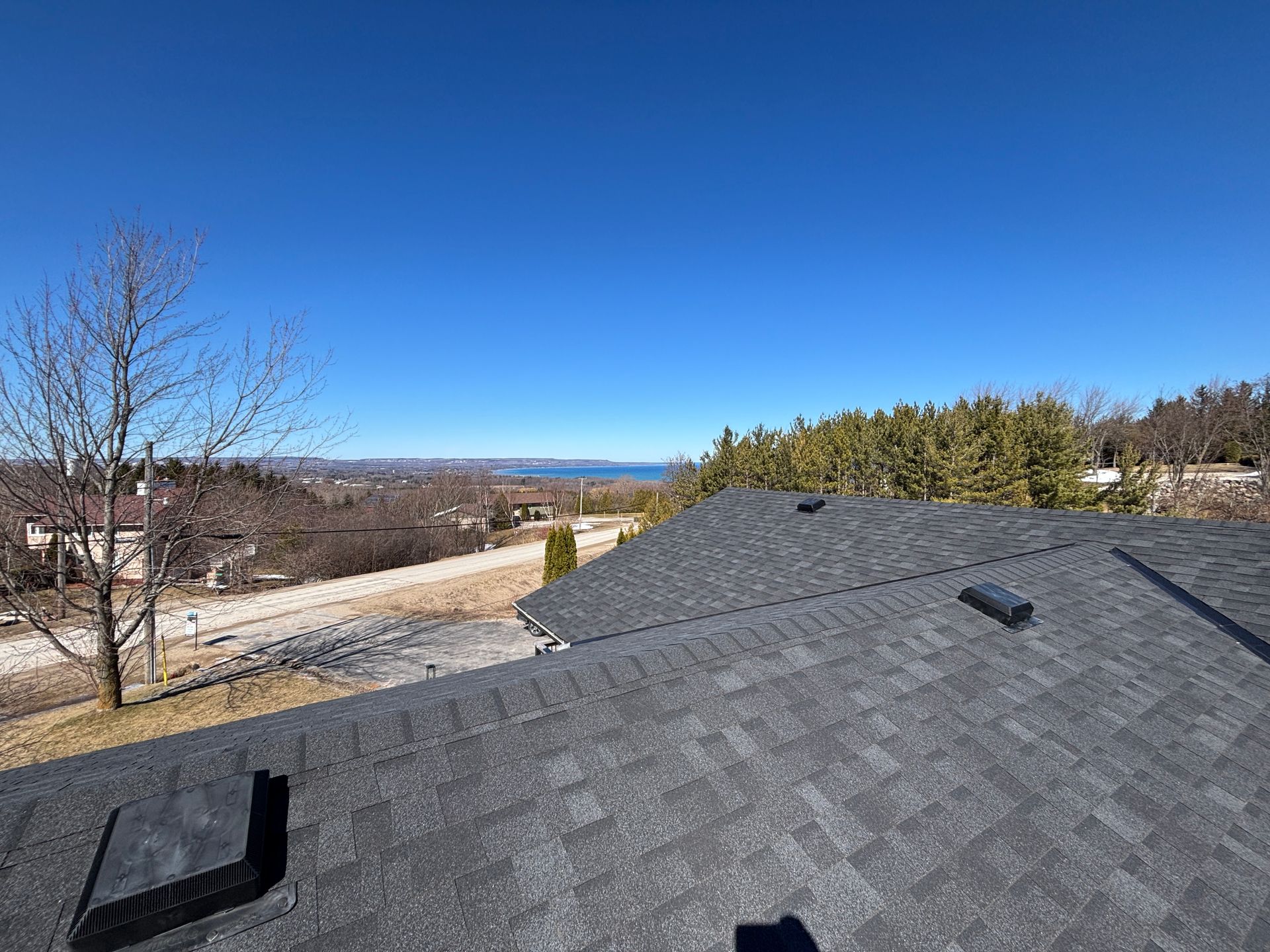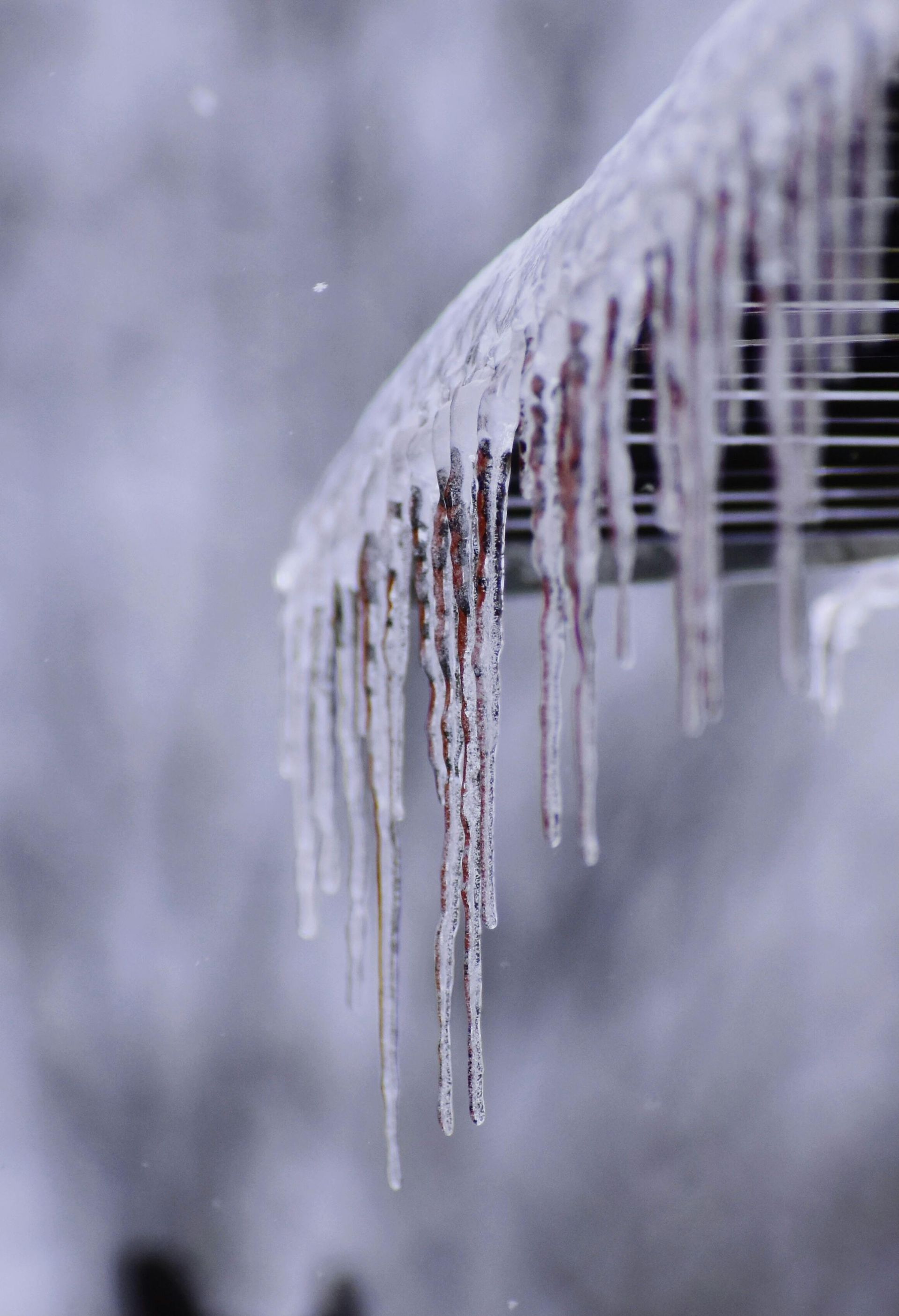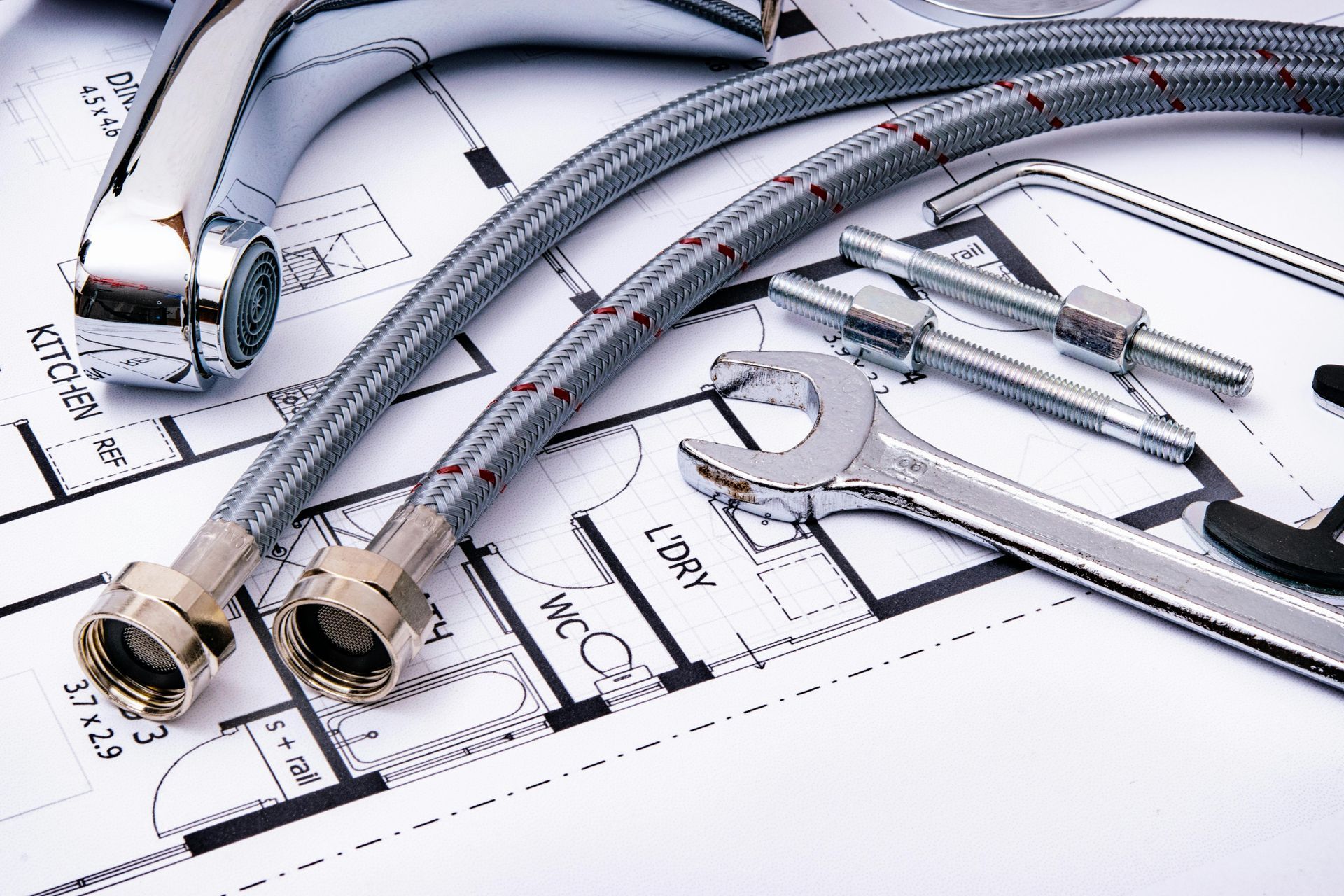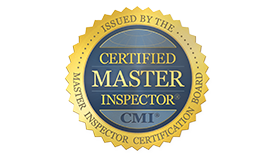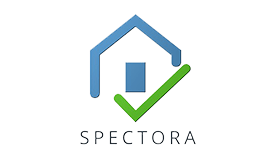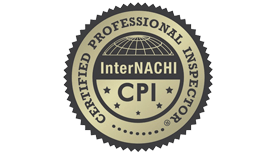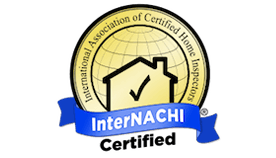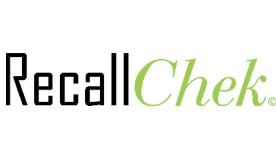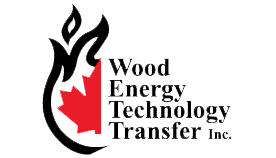Mold: A Helpful Guide
What to Do When Mold is Detected During a Home Inspection in Ontario
Mold is one of the most common yet concerning issues found during home inspections, especially in humid climates like Ontario’s. While mold can be alarming, understanding your options as a homeowner or potential homebuyer can help you navigate the situation confidently. Here’s what you need to know about mold detection, dealing with it, and whether it should affect a real estate transaction.
Mold growth in a home usually occurs in areas with moisture or poor ventilation, such as bathrooms, basements, attics, or areas affected by water damage. If mold is detected during a home inspection, the first step is not to panic. Mold is a manageable issue when properly addressed.
Here’s what you should do:
Confirm the Findings with an Expert:
If mold is suspected during the inspection, further testing can be conducted for more specific results and will help determine the type of mold and the extent of the growth.
Identify the Source of Moisture:
Mold growth is typically a symptom of a moisture problem, such as leaks, high humidity, or inadequate ventilation. Identifying and fixing the moisture source is crucial to preventing future mold issues.
Evaluate the Affected Areas:
Assess how widespread the mold problem is. If the mold is isolated to small, easily accessible areas like a bathroom or attic, it may be easier and more affordable to remediate. However, extensive mold growth in walls or insulation could be more complicated and costly to treat.
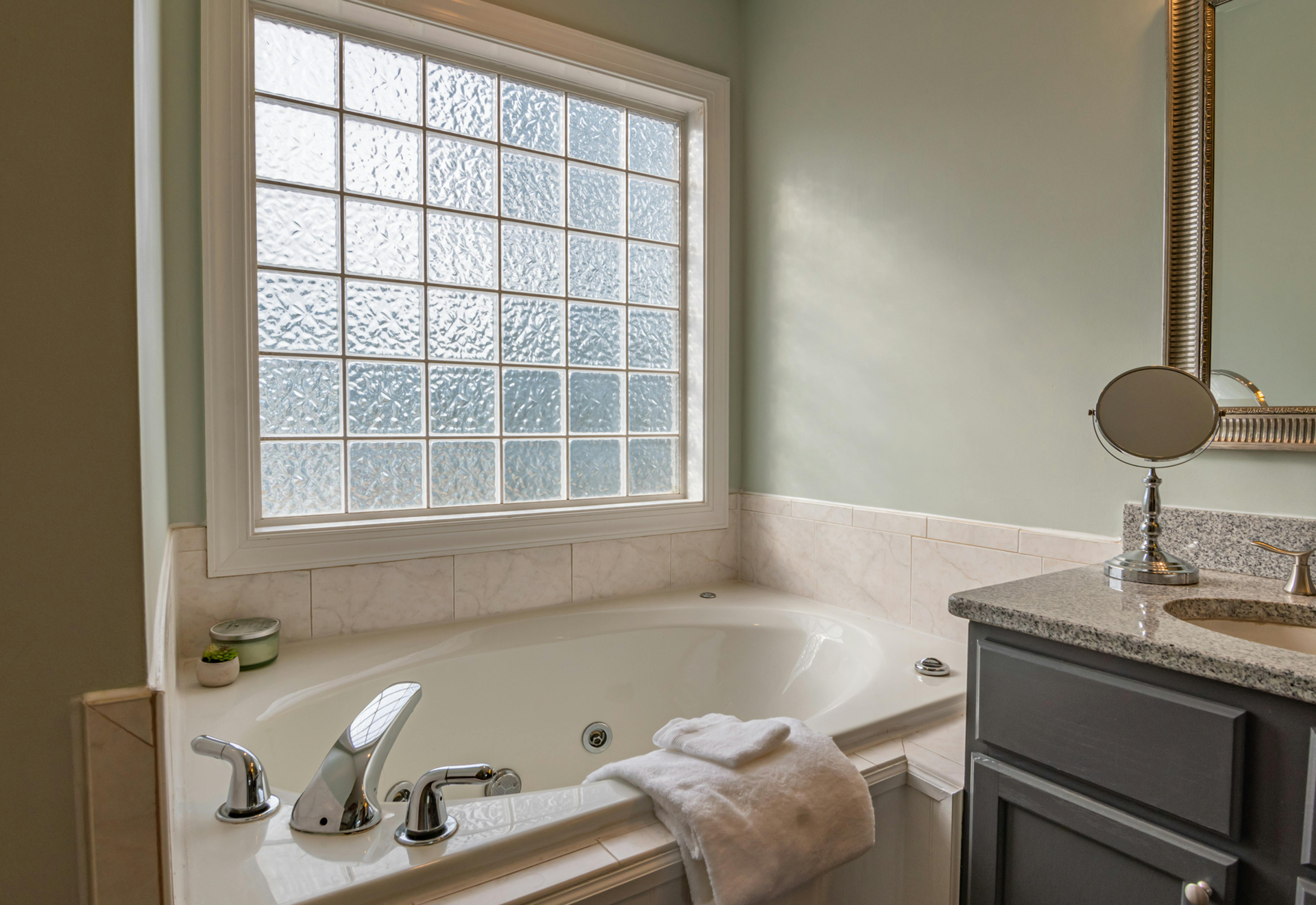
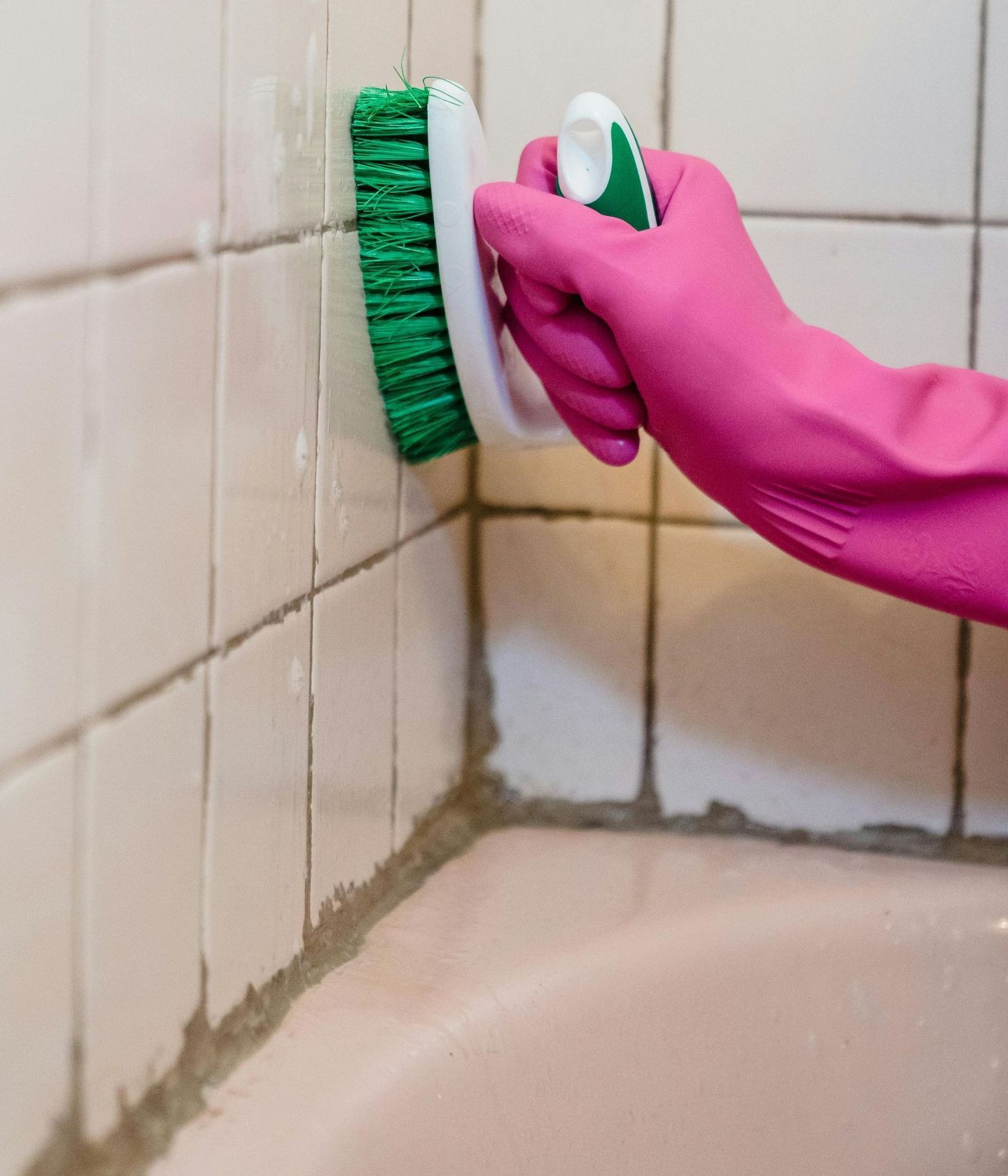
Options for Dealing with Mold
As a homeowner or prospective buyer, you have several options for addressing mold growth:
DIY Remediation:
For smaller areas (less than 10 square feet), you may choose to handle the mold removal yourself. Proper cleaning with a mold-killing solution and thorough ventilation can often be sufficient. However, you must be cautious and wear protective gear, as mold spores can be harmful when inhaled.
Professional Mold Remediation:
For larger or more widespread infestations, it’s highly recommended to hire a licensed mold remediation company. These professionals will safely remove the mold, treat the affected areas, and ensure the moisture issue is resolved to prevent future growth. They can also test the air quality in the home and possibly seal or replace damaged materials like drywall or insulation.
Fixing the Source of the Problem:
Whether you choose DIY or professional remediation, addressing the root cause of the moisture is essential. If the mold was caused by a leaky roof, pipe, or flooding, repairing these issues will prevent mold from returning. Consider investing in better ventilation in areas like bathrooms and kitchens to keep humidity levels down.
Should Mold Ruin a Real Estate Deal?
While finding mold during a home inspection can be a deal-breaker for some homebuyers, it doesn’t have to automatically ruin a real estate deal. Here are some considerations:
Negotiation Leverage:
If mold is discovered in the home, this could be an opportunity for negotiation. You may request the seller address the mold issue before the sale is finalized, or you could ask for a reduction in the sale price to account for the cost of remediation. Some buyers may also ask for a credit at closing to cover repairs. Either way, speak with your realtor about what your options are.
Disclosure Requirements:
In Ontario, sellers are required to disclose known issues with the property, including mold problems. If the seller fails to do so, the buyer may have legal recourse after the sale. A thorough home inspection helps ensure that mold issues are brought to light before the transaction is complete.
Potential for Future Damage:
If the mold problem is extensive or related to unresolved structural issues (like a leaking roof or foundation), the potential for further damage can be a valid reason to walk away from a deal. However, if the mold can be remediated relatively easily, a deal can still proceed, provided both parties are willing to address the issue.
Mold Remediation and Preventative Steps
Once mold is detected AND remediated, it's important to take preventative steps to ensure it doesn’t return:
List of Services
-
Improve VentilationList Item 1
Ensure that your home has proper ventilation, especially in moisture-prone areas like the kitchen, bathroom, and basement. Installing or upgrading exhaust fans can significantly reduce humidity levels.
-
Control Humidity:List Item 2
Invest in a dehumidifier to reduce moisture in the air. This is particularly important during Ontario’s humid summer months. Humidity levels should ideally be kept between 30% and 50%.
-
Fix Leaks and Water Damage:List Item 3
Leaking pipes, roofs, and windows are major contributors to mold growth. Regularly inspect these areas and repair any leaks as soon as you can. Ensure your gutters are clear of debris, and water flows away from your foundation to prevent basement water issues.
-
Regular Inspections:List Item 4
Conduct regular inspections of your home to check for signs of mold or water damage. Early detection is key to preventing significant mold issues from developing.
Resources
Finding mold during a home inspection in Ontario can be unsettling, but it doesn’t have to be the end of the road. By understanding your options for mold remediation, taking the necessary steps to address the underlying cause of moisture, and exploring negotiation options with the seller, you can move forward with confidence. Whether you're a current homeowner or a potential buyer, taking preventative measures as mentioned above will keep your home mold-free and maintain a healthy living environment.
As certified home inspectors, we can help you navigate the complexities of mold detection and remediation, ensuring your home is safe and sound.
